L-磺基丙氨酸,分析标准品,HPLC≥98.0%
产品编号:西域质检-TM34642| CAS NO:498-40-8| 分子式:C3H7NO5S| 分子量:169.156
本网站销售的所有产品仅用于工业应用或者科学研究等非医疗目的,不可用于人类或动物的临床诊断或者治疗,非药用,非食用,
L-磺基丙氨酸
This certificate is designed in accordance with ISO 17034 and ISO Guide 31. This reference material (RM) was designed,produced and verified in accordance with ISO/IEC 17025, ISO 17034 and a registered quality management system ISO 9001.
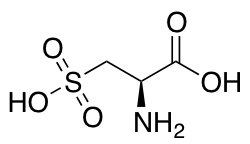
The certified value(s) and uncertainty(ies) are determined in accordance with ISO 17034 with an 95% confidence level(k=2). Uncertainty is based on the Total Combined Uncertainty, including uncertainties of characterisation, homogeneity and stability testing. Stability values are based on real evidence opposed to simulation.
The balances used for gravimetric measurements are calibrated with weights traceable to the national standards. The calibration of the balances is verified annually by an external accredited calibration service. This analysis method has been verified using an approach consistent with ISO 17034:2016 & ISO 17025:2017.
| CERTIFICATE ON | QC SIGNATURE | |
| - |

|
RM Release |
Neutralization Titration
Neutralization Titration
This RM is intended for use in a laboratory as a calibration and quality control standard or in method development for analytical techniques.
This reference material meets the specification stated in this certificate until the expiry date, provided it is stored unopened at the recommended temperature here in. If storage after opening is necessary, the RM should be tightly closed and kept from light and moisture.
Read Material Safety Data Sheet (MSDS) and understand any potential hazard(s) prior to the use of this product. All chemicals should be considered potentially hazardous in nature and should only be handled by qualified personnel using established good laboratory practices.
Random replicate samples of the final packaged RM have been analysed to prove homogeneity compliant with ISO 17034.
It is recommended to use 1 mg as the minimum sample size and if less material is used, to increase the certified uncertainty by a factor of two for half sample and four for a quarter of sample.Visit the support section of our website technology videos and frequently asked questions.
相关文档
化学品安全说明书(MSDS)
下载MSDS质检证书(COA)
相关产品
| 危害码 (欧洲) | Xi |
|---|---|
| 风险声明 (欧洲) | 36/38 |
| 安全声明 (欧洲) | 26-36 |
|
L-Cysteic Acid
Revision number: 1
SAFETY DATA SHEET Section1. BASE INFORMATION Product name:L-Cysteic Acid Revision number:1 Section2. HAZARDS IDENTIFICATION Classification of the GHS PHYSICAL HAZARDSNot classified HEALTH HAZARDSNot classified Not classified ENVIRONMENTAL HAZARDS GHS label elements None Pictograms or hazard symbols Signal wordNo signal word None Hazard statement Precautionary statementsNone Section3. COMPOSITION/INFORMATION ON INGREDIENTS Substance/mixture:Substance Component(s):L-Cysteic Acid Percent:>98.0%(T) CAS Number:498-40-8 Chemical Formula:C3H7NO5S Section4. FIRST AID MEASURES Inhalation:Remove victim to fresh air and keep at rest in a position comfortable for breathing. Get medical advice/attention if you feel unwell. Skin contact:Remove/Take off immediately all contaminated clothing. Rinse skin with water/shower. If skin irritation or rash occurs: Get medical advice/attention. Eye contact:Rinse cautiously with water for several minutes. Remove contact lenses, if present and easy to do. Continue rinsing. If eye irritation persists: Get medical advice/attention. Ingestion:Get medical advice/attention if you feel unwell. Rinse mouth. Protection of first-aiders:A rescuer should wear personal protective equipment, such as rubber gloves and air- tight goggles. Section5. FIRE-FIGHTING MEASURES Suitable extinguishingDry chemical, foam, water spray, carbon dioxide. media: Specific hazards:Take care as it may decompose upon combustion or in high temperatures to generate poisonous fume. Specific methods:Fire-extinguishing work is done from the windward and the suitable fire-extinguishing method according to the surrounding situation is used. Uninvolved persons should evacuate to a safe place. In case of fire in the surroundings: Remove movable containers if safe to do so. L-Cysteic Acid Section5. FIRE-FIGHTING MEASURES Special protectiveWhen extinguishing fire, be sure to wear personal protective equipment. equipment for firefighters: Section6. ACCIDENTAL RELEASE MEASURES Personal precautions,Use personal protective equipment. Keep people away from and upwind of spill/leak. protective equipment and Entry to non-involved personnel should be controlled around the leakage area by emergency procedures: roping off, etc. Environmental precautions: Prevent product from entering drains. Methods and materials for Sweep dust to collect it into an airtight container, taking care not to disperse it. containment and cleaning Adhered or collected material should be promptly disposed of, in accordance with up: appropriate laws and regulations. Section7. HANDLING AND STORAGE Handling Handling is performed in a well ventilated place. Wear suitable protective equipment. Technical measures: Prevent dispersion of dust. Wash hands and face thoroughly after handling. Use a local exhaust if dust or aerosol will be generated. Advice on safe handling:Avoid contact with skin, eyes and clothing. Storage Storage conditions:Keep container tightly closed. Store in a cool and dark place. Store away from incompatible materials such as oxidizing agents. Packaging material:Law is followed. Section8. EXPOSURE CONTROLS / PERSONAL PROTECTION Engineering controls:Install a closed system or local exhaust as possible so that workers should not be exposed directly. Also install safety shower and eye bath. Personal protective equipment Respiratory protection: Dust respirator. Follow local and national regulations. Protective gloves. Hand protection: Eye protection:Safety glasses. A face-shield, if the situation requires. Skin and body protection: Protective clothing. Protective boots, if the situation requires. Section9. PHYSICAL AND CHEMICAL PROPERTIES Physical state (20°C):Solid Form:crystal - powder White - Almost white Color: Odor:No data available pH: No data available Melting point/freezing point:No data available Boiling Point/Range:No data available Flash Point:No data available Explosive limits Lower:No data available No data available Upper: Density:No data available No data available Solubility: Section10. STABILITY AND REACTIVITY Stability:Stable under proper conditions. Reactivity:No special reactivity has been reported. Incompartible materials: oxidizing agents Hazardous Decomposition Carbon monoxide, Carbon dioxide, Nitrogen oxides (NOx), Sulphur oxides Products: Section11. TOXICOLOGICAL INFORMATION Acute Toxicity:No data available L-Cysteic Acid Section11. TOXICOLOGICAL INFORMATION Skin corrosion/irritation: No data available Serious eyeNo data available damage/irritation: Germ cell mutagenicity: No data available Carcinogenicity: No data available IARC = NTP =No data available No data available Reproductive toxicity: Section12. ECOLOGICAL INFORMATION Ecotoxicity: Fish:No data available Crustacea:No data available Algae:No data available Persistence / degradability: No data available BioaccumulativeNo data available potential(BCF): Mobillity in soil log Pow:No data available Soil adsorption (Koc):No data available Henry's LawNo data available constant(PaM3/mol): Section13. DISPOSAL CONSIDERATIONS Recycle to process, if possible. Consult your local regional authorities. You may be able to dissolve or mix material with a combustible solvent and burn in a chemical incinerator equipped with an afterburner and scrubber system. Observe all federal, state and local regulations when disposing of the substance. Section14. TRANSPORT INFORMATION Hazards Class:Does not correspond to the classification standard of the United Nations UN-No:Not Listed Section15. REGULATORY INFORMATION Safe management ordinance of dangerous chemical product (State Council announces on January 26, 2002): Safe use and production, the storage of a dangerous chemical, transport, loading and unloading were prescribed. SECTION 16 - ADDITIONAL INFORMATION N/A |
| 上游产品 8 | |
|---|---|
| 下游产品 4 | |

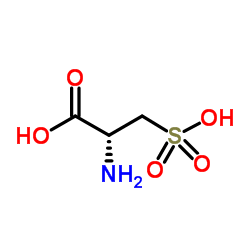
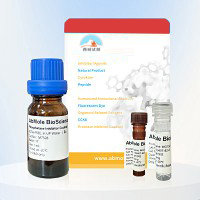
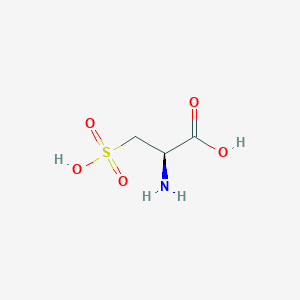
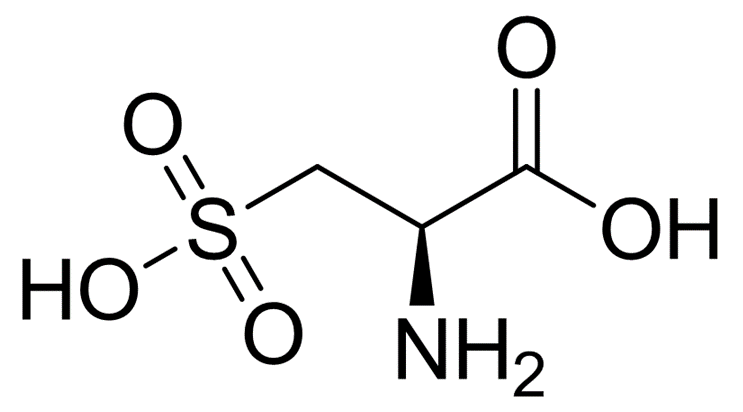
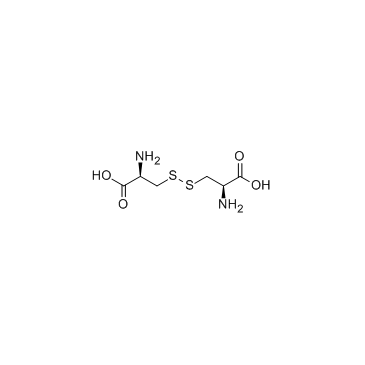
![2(S)-2-[(benzyloxycarbonyl)amino]-3-(neopentyloxysulfonyl)propanoic acid结构式](/20230522/220951-71-3.png)
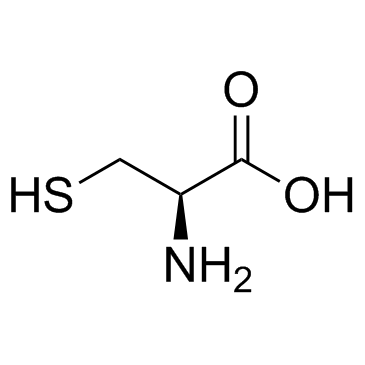
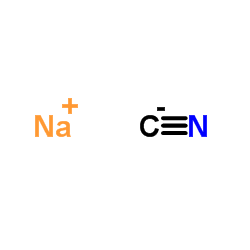
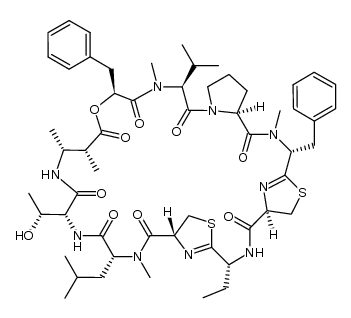


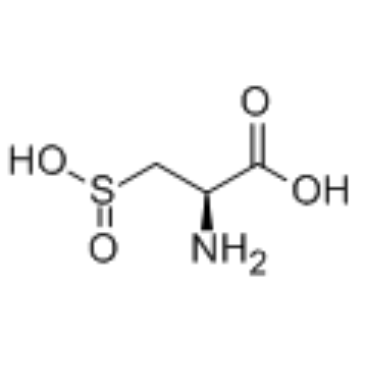
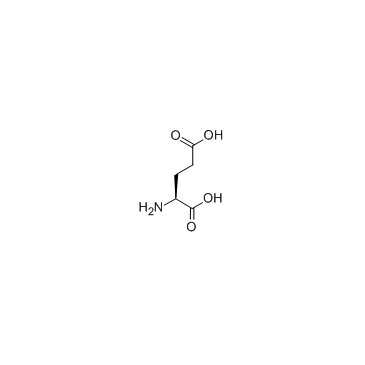
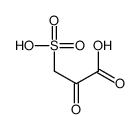
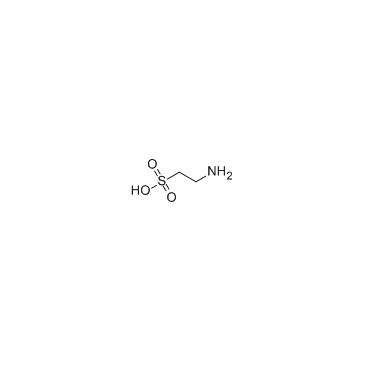
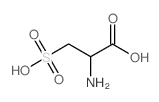





 浙公网安备 33010802013016号
浙公网安备 33010802013016号